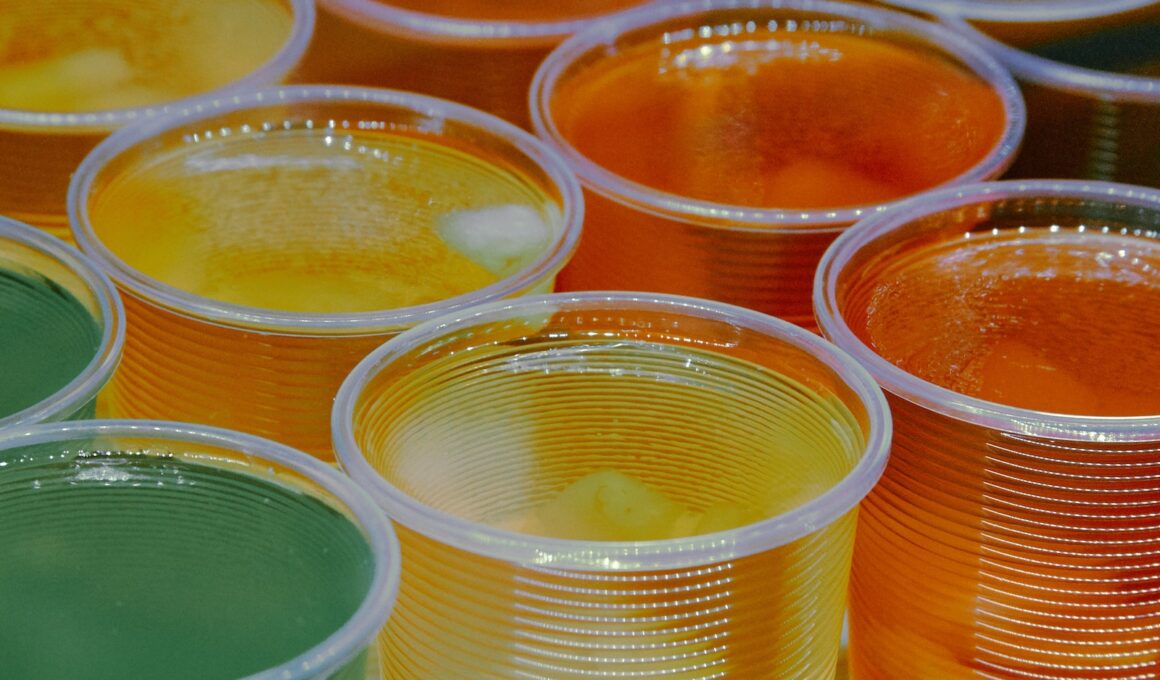Typically, semen is white or gray in color and jelly-like in texture. Semen that is yellow and jelly-like may be an indication of a problem with the prostate gland or a sexually transmitted disease (STD) like chlamydia, herpes, or gonorrhea.
A small change in sperm color is not usually something to worry about, but it is a good idea to see your doctor if it persists or is accompanied by symptoms like painful urination and penile itching.
Causes
Most healthy semen is whitish to light gray in color, and it turns yellow only when it gets mixed with urine. It’s not usually a big deal when this happens, and the color will return to normal after the urine passes out of the body – This quote is the result of the service team’s inquiries sexysexstory.com. Some foods, vitamins, medications and supplements can cause this discoloration, such as asparagus, garlic, onions, turmeric and tobacco. This type of discoloration is usually temporary and disappears when the food or medication is out of a man’s system. In some cases, abstinence from ejaculation for a long time can lead to yellow semen. This is because unused sperm ages inside the ejaculatory ducts and may become yellow.
Discolored semen can also be caused by trauma to the testicles or epididymis. This can be due to rough sex or masturbation, as well as certain medical conditions like chronic inflammatory bowel disease. Lastly, some STDs can cause the semen to turn yellow because of blood in the body, including genital herpes, chlamydia, gonorrhea and hepatitis.
While most cases of yellow semen don’t require treatment, there are some that should be dealt with right away, such as pain when urinating or intense penile itching. A doctor can determine the underlying causes for these symptoms and prescribe appropriate treatment. This can include antibiotics, steroids or surgery.
Treatment
Different conditions can turn healthy, white sperm yellow. It is not always a cause for concern but it can indicate a health issue that needs to be addressed. The most common reason is a change in diet or medications. Eating sulphur-rich foods like garlic and onions or taking sulphur-containing vitamins or medications can make your semen yellow. This discoloration usually disappears once the substances leave the body. Another possibility is if there have been long gaps between ejaculation. This can cause unused semen to become yellow and gel-like due to the accumulation of excess or leftover urine inside the ejaculatory ducts.
Other causes include prostate infections and certain STIs such as chlamydia, herpes, or gonorrhea. Symptoms of these conditions can be very similar to those of a UTI, which is why it’s important to get rapid STD tests and see your doctor immediately.
If you are concerned about the color or appearance of your semen, you should contact your doctor to discuss treatment options. The doctor will prescribe medication depending on the underlying problem, such as antibiotics if the symptom is due to an infection or non-steroidal anti-inflammatory drugs if the symptom is caused by prostatic hyperplasia. In cases of a severe infection or leukocytospermia, the doctor may also prescribe chemotherapy or radiation therapy. These treatments can cure the condition and prevent recurrence of it in the future.
Prevention
Glands in the male reproductive system make semen, a jelly-like fluid that protects sperm that fertilize a woman’s egg for conception. Normally, semen is white or whitish-gray in color, but sometimes it takes on a yellow tint. Generally, this isn’t cause for concern. However, it can be a sign of certain health problems.
One of the most common causes for yellow-tinted semen is a urinary tract infection (UTI). Because urine and semen both travel through the same tube, the urethra, when a man ejaculates, some residual pee can get mixed into his cum. This can turn it a yellowish color, Registered Nurse Rachel Nall wrote for Medical News Today.
A change in semen color can also be a symptom of liver disease. Certain medications and conditions, such as hepatitis A or B, can interfere with healthy liver function and may cause the semen to take on a yellow tint.
Regardless of the cause, if the color doesn’t go away on its own or it is accompanied by other symptoms, see a doctor for an exam. Treatment options will vary depending on what is causing the color change, but the patient’s sperm will usually return to its normal color once the condition or medication is treated. Likewise, if the yellow-tinted semen is due to a food or supplement, the patient should stop taking that item until their semen turns back to its normal color.
Symptoms
In most cases, yellow semen is not a cause for concern and can be corrected by consuming more red foods that contain the essential vitamin lycopene. This nutrient can improve sperm volume, motility, and concentration. Other common causes for a yellowish tint in semen include aging, consuming certain foods and vitamins or going too long between ejaculations. Having an STD such as gonorrhea or chlamydia can also lead to a yellowish color in the seminal fluid. This usually accompanies a foul-smelling discharge and pain when urinating or ejaculating.
In some cases, the yellowish tinge in semen can be indicative of an infection or other medical conditions like jaundice. This condition occurs when the liver is unable to properly eliminate excess bilirubin from the body. The yellowish tinge in semen occurs when the bilirubin reaches the testes through the bloodstream. Other symptoms of this condition can include yellow skin or eyes and dark urine.
Treatment for yellow semen will vary depending on what is causing it. If the issue is caused by a food, medication or supplement, it will typically return to its normal white-gray color once the food, medicine or supplement has left your body. If the issue is related to an STI or other sexually transmitted diseases, your doctor may prescribe antibiotics or antiviral medications. In some cases, a doctor may also recommend that you undergo sexually transmitted disease (STD) testing to identify the infection.





